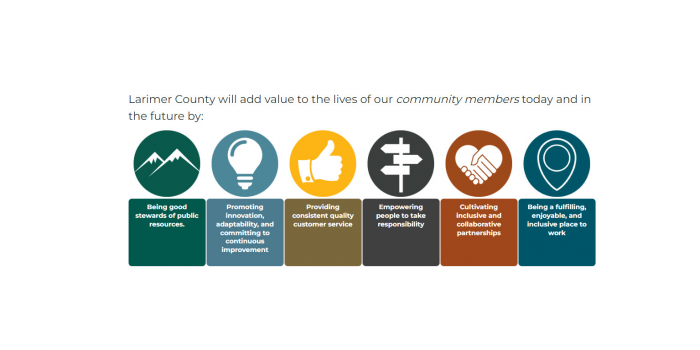Delegation: The Leadership Skill Government Leaders Need to Prevent Burnout

Carolyn Mozell is the founder and CEO of Leaders Who Connect and Inspire LLC and knows firsthand how transformative it can be when leaders and employees treat each other with mutual respect, kindness, and a genuine desire to see each other succeed. Carolyn served in some of the highest levels of local government leadership for over 25 years. Rising from executive assistant to deputy chief, she also knows that leadership is a privilege. Now, Carolyn leverages her direct experience advising elected officials, cabinet level leaders and activating diverse high performing teams to help leaders in business, nonprofit organizations and government agencies do the same.
The Burnout Crisis in Government Leadership
Burnout is rising across government agencies—and it’s taking a toll. Public-sector leaders are stretched thin, juggling shrinking budgets, growing demands, and constant change. The result? Dipping morale, rising turnover, and declining productivity.
According to 2024 Gallup research, low employee engagement in a public agency with 10,000 employees and an average salary of $50,000 costs roughly $66 million annually in lost productivity, absenteeism, and turnover.
Burnout isn’t just about tired people—it’s about tired systems. It’s not a personal failing. It’s a workplace leadership challenge. And if we want to sustain impact, we need to lead differently, starting with how we delegate.
Why Delegation Is the Burnout Prevention Strategy Most Leaders Overlook
Many leaders believe they have to carry everything. But trying to do it all fuels the very burnout we’re trying to prevent.
Delegation isn’t about dumping tasks, it’s about creating space for strategy, building team capacity, and protecting your own energy. It’s a leadership skill that improves outcomes across the board—yet research shows that only 19% of leaders demonstrate strong delegation abilities.
So why do 81% struggle? Because delegation triggers deep-seated fears:
- “It’s faster if I just do it myself.”
- “What if they drop the ball?”
- “Delegating makes me look like I’m not doing enough.”
This mindset creates bottlenecks, missed development opportunities, and stressed-out teams.


Burnout isn’t just about tired people—it’s about tired systems. It’s not a personal failing. It’s a workplace leadership challenge.
Delegation Is a Burnout Buffer—Here’s Why
When done with intention, delegation helps you:
- Reclaim time for strategic decision-making
- Increase team ownership and accountability
- Improve trust, morale, and engagement
- Reduce mental overload and emotional fatigue
- Model sustainable leadership for your team
A Proven Framework for Delegating Without Sacrificing Quality
When I served as Chief of Staff, I struggled with delegation—especially for administrative tasks I could knock out quickly. I took pride in being the strategist, the administrative anchor, and the safety net for my team. But eventually, I had to ask myself: Just because I can do it, should I?
That question led me to develop the S.A.F.E. Delegation Framework—a practical, confidence-building tool that helped me delegate without second-guessing. It gave me a way to lead with trust, without sacrificing quality, accountability, or peace of mind.
Here’s how the S.A.F.E. Delegation Framework works:
- S – Select the Right Tasks: Identify tasks someone else could own—with the right structure.
- A – Assign with Clarity: Clarify the “what,” “why,” “when,” and how success will be measured
- F – Follow Through Supportively: Check in at key milestones—coach, don’t micromanage.
- E – Empower with Ownership: Give space for decision-making authority—where appropriate
When used consistently, this framework not only lightens your load—it builds stronger, more engaged teams who are ready to lead alongside you. Delegation isn’t about doing less. It’s about focusing on the work that only you can do, while empowering others to step up where they can.
Final Thought: Where to Start
In public service, the stakes are high—but burnout, disengagement, and inefficiency don’t have to come with the job. Delegation isn’t a sign of weakness—it’s a smart, strategic leadership move. When done well, it’s how leaders build resilient, high-performing teams that can thrive under pressure.
Start small. Identify 3–5 tasks that don’t require your direct oversight—ones that, with the right structure, can help your team grow while giving you back time for high-impact work.
Remember: Preventing burnout starts with letting go—on purpose, with a plan. Delegation might be the leadership shift you didn’t know you needed, but exactly what your team and your well-being deserve.
Want new articles before they get published? Subscribe to our Awesome Newsletter.

CAREER ADVICE

GOV TALK




